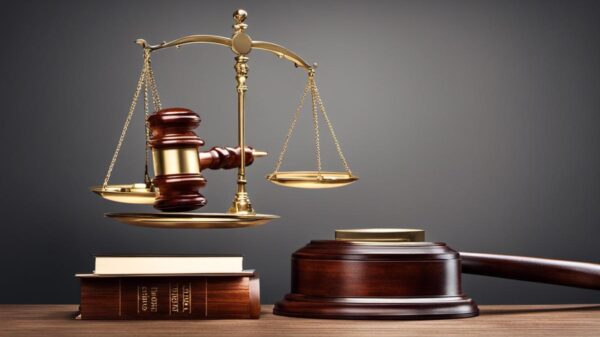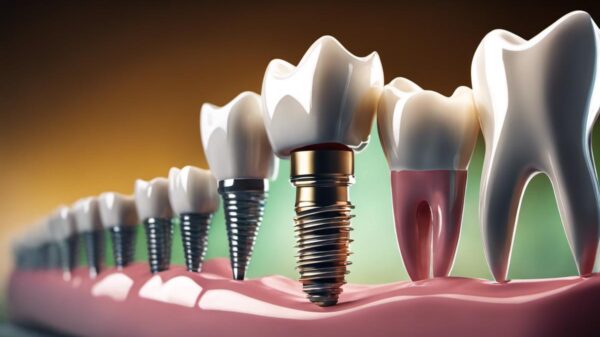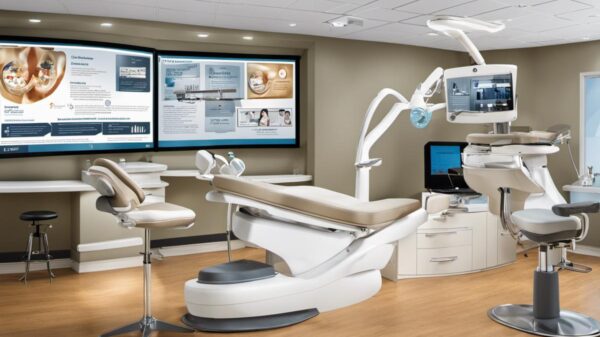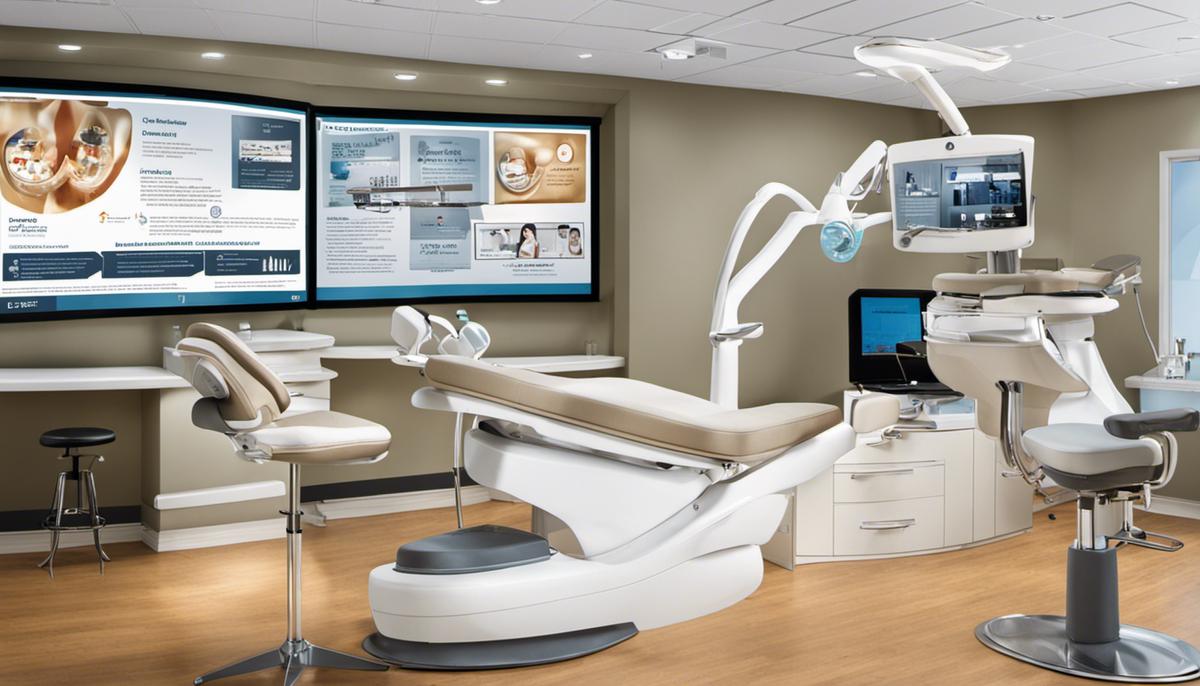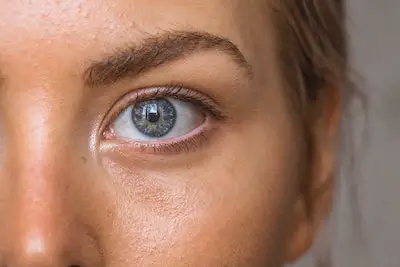In an era where titles hold immense significance, one frequently asked question pertains to the official statures of healthcare professionals, specifically if dentists can, indeed, be referred to as doctors. This discourse aims at illuminating the aspects concerning the educational trajectories, roles, and responsibilities, as well as ethical and legal premises within the realms of dentistry. Herein one attempts to make a comparative analysis of the complex world of dental education with the nature of higher education in the medical sciences. Simultaneously, we delve deeper into bringing forth the often underappreciated and sophisticated role of a dentist in patient care and treatment, aiming to draw clear parallels with the primary responsibilities of medical doctors.
Understanding the Educational Pathway of Dentists
It is a shared human quest, the pursuit of knowledge leading to a life in service of others, be it through the field of dentistry or medicine. Each of these professions, while firmly rooted in the healthcare field, mandates unique educational paths and requirements, a token testament to the diverse specializations within healthcare itself. The approach to being educated toward offering your time and energy to the improvement of humankind’s collective good is no small feat in either field.
In order to become a dentist, a student must earn a Bachelor’s degree before entering dental school. Traditionally, the undergraduate degree is in a scientific field, however, this is not a mandatory prerequisite. Subsequently, they undertake four years of professional dental education to attain a Doctor of Dental Surgery (DDS) degree or a Doctor of Medicine in Dentistry (DMD) degree. Dental school comprises both didactic and practical training, where dental students learn skills in diagnosing and managing oral health conditions.
Contrastingly, for an aspiring medical doctor, the pathway comprises the obtaining of a Bachelor’s degree, followed by four years of medical school, after which they earn a Doctor of Medicine (MD). This is followed by 3-7 years of a residency program, the duration of which varies depending upon the chosen specialty. Both paths demand years of rigorous study, and yet, they fundamentally differ. The path of the dental student is intrinsically focused upon oral health and related systemic conditions while the MD prepares themselves for a wide array of possible specialties, encompassing the entire human body. This elucidates the principle reason for the existence of separate educational and training pathways — both professions’ pivotal importance within the realms of comprehensive healthcare.
In both cases, the commitment to lifelong learning is apparent. Dentistry and medicine, as dynamic fields, require practitioners to engage in continuous education to adopt and adapt the late-breaking research findings into their practice. This ensures quality of care, reaffirming the adage that standing still equates to moving backward in the relentlessly forward-moving rivers of science and academia.

Roles and Responsibilities of a Dentist
In delving deeper into the comparison between the roles and responsibilities of a dentist versus those of a medical doctor, one must understand that both professions revolve around a similar fulcrum, namely, improving and maintaining the health and wellbeing of individuals. Though the areas of focus differ, with dentists primarily concerned with oral health and doctors with holistic health, their objectives intertwine intricately.
Dentists, similar to doctors, are clinicians who diagnose and treat diseases, often performing surgical interventions as necessary. This is coupled with their responsibility to educate patients about preventive measures, thus playing a decisive role in public health, akin to any physician. Their diagnostic role extends beyond mere dental issues, as diseases such as leukemia, bulimia, and even HIV/AIDS often exhibit symptoms first within the oral cavity. As such, a dentist operates as a gatekeeper, detecting potential broader health issues during their examinations, a responsibility that resonates with the essential function of a medical doctor.
In essence, dentistry not only aligns with medicine but can also be considered an essential subdivision of it. Dental pathologies, from caries to oral cancers, manifest complexly and may influence or be influenced by systemic diseases. A patient’s overall health status can profoundly impact dental treatment plans and outcomes, reinforcing the need for a strong foundational medical education for dentists. Hence, the inextricable link between dentistry and general medicine is visible in the daily practice of the two professions, underscoring the aptness of referring to a dentist as a ‘doctor’.
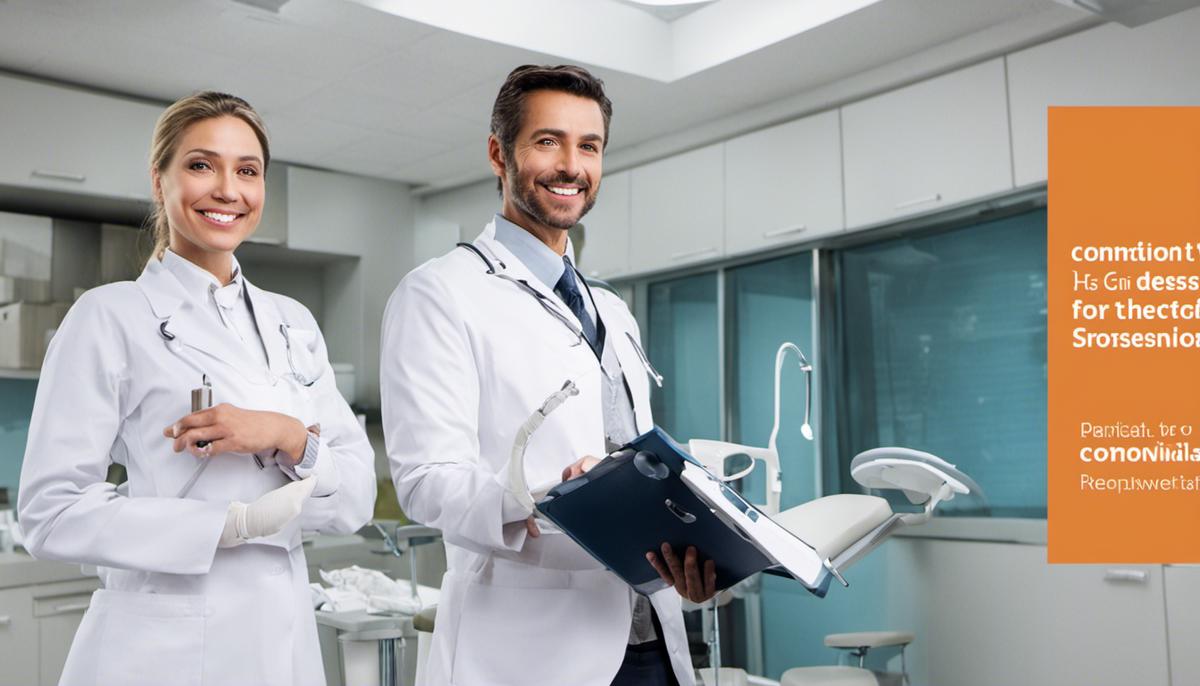
Legal and Ethical Considerations
In establishing the professional identity of a dentist, there are key legal and ethical considerations that must be observed. Conventionally, the legal parameters are enshrined in specific legislation and professional codes that guide dental practice. Dentists, akin to all healthcare professionals, are obligated to practice within these defined legal and ethical boundaries succinctly set out in their jurisdiction. To deviate from these guidelines has legal implications and may constitute professional misconduct, resulting in penalties, loss of license, or in extreme cases, legal action. Besides, these legislative frameworks endeavour to protect patients, promote competent practice, and uphold the trust and respect accorded to the profession.
While legal requirements are paramount, ethical considerations equally shape the professional identity of a dentist profoundly. At the heart of dental practice lie principles such as autonomy, beneficence, non-maleficence, and justice. These ethical underpinnings compel dentists to respect the decision-making capacity of their patients, do good, prevent harm, and deliver care impartially. The high standard of professional conduct expected from dentists is also anchored in these principles. It is incumbent upon dentists to act in their patients’ best interest, uphold confidentiality, and maintain integrity and honesty in all interactions.
Moreover, the ethical responsibility of a dentist extends beyond individual patient care to community and public health considerations. As scholars in the field of healthcare, dentists have an obligation to actively participate in health promotion, contribute to disease prevention strategies, and identify systemic diseases that may be detected during dental examinations. In essence, though often viewed through the lens of oral health, the practice of dentistry is inextricably intertwined with overall public health and welfare. Thus, the professional identity of a dentist is invariably multidimensional, beyond the accessible portrayal of a clinical healer to encompass capacities as an educator, advocate, and contributor to the broader health community.
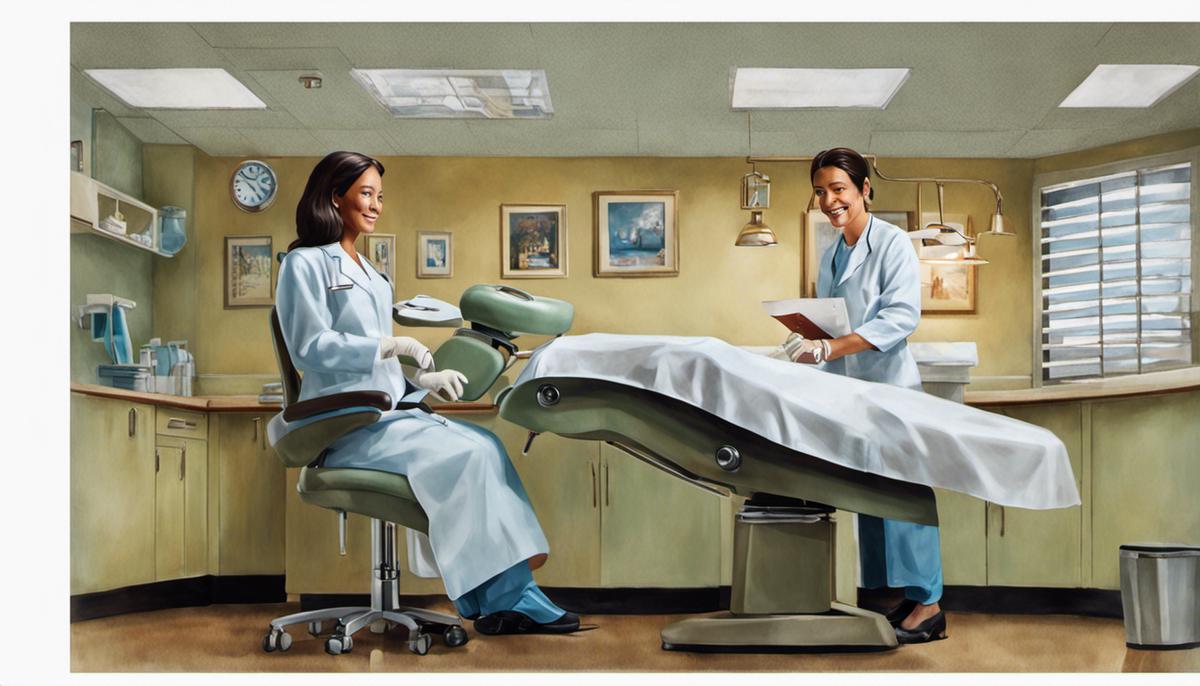
Paying due attention to the intricacies of the profession, it becomes clear that dentists exercise considerable discretion in making decisions concerning patient care, quite similar to medical doctors. Their roles are embedded with comprehensive duties and immense responsibilities. Furthermore, dentists must adhere to stringent legal stipulations and high ethical standards, much akin to their counterparts in the broader medical profession. Therefore, while the explicit nomenclature might vary, it would be prudent to acknowledge the commonalities between doctors and dentists from a broader perspective that includes their educational pathways, responsibilities, as well as their ethics and legal considerations. This not only fosters symbiosis in the wider medical community but also addresses the respect dentists deserve for their unique and vital role in healthcare.




